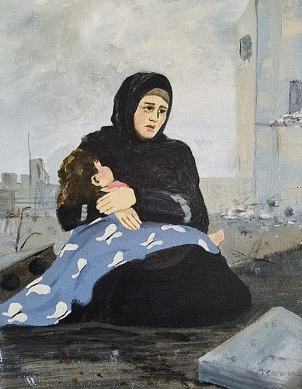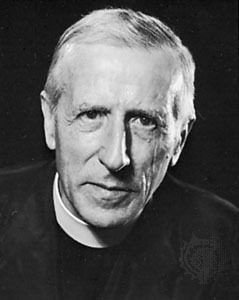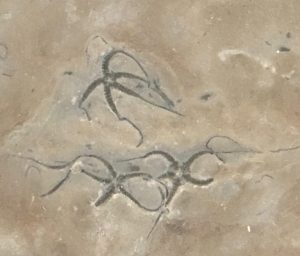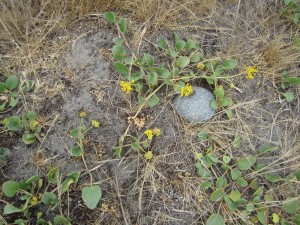
Columbus Crossing Borders Project
The account in Matthew’s gospel of the conversation between Jesus and a Canaanite woman asking him to cure her daughter provides insight into the transformational power of a genuine encounter with another.
Showing the determination and faith of a mother who was seeking help and the humanity of Jesus who was growing into a deeper understanding of himself and his mission, this story surprises.
One who encounters
Jesus often engaged with people like this woman who was dismissed as unimportant by others, including his disciples.
They didn’t want her hanging around and following them. She was a nuisance as far as they were concerned. To them, she was “other,” like the Samaritan woman at the well, marginalized because she was a woman and because she was a Gentile. They encouraged Jesus to send the troublemaker away.
But Jesus wasn’t about sending away. When crowds followed him, tired as he was, he took time to be with them, sometimes speaking, healing, or sharing food. No, Jesus wasn’t about turning his head when people came to him hurting and in need. He was all about seeing, paying attention, and listening deeply.
One who perseveres
The Canaanite woman was aware of his reputation as healer and an approachable one at that. Still, she needed courage to ask for help. She had to get by his disciples who were intent on protecting him and perhaps themselves from those who could cause problems or divert attention from what they thought was important.
She took the first step, finding and following them. When the time seemed right, she called out, respectfully asking for help, explaining that her daughter was tormented by a demon. After silence, Jesus’s initial response was dismissive: He was sent to the house of Israel, and she didn’t qualify.
Again, she honored him and pleaded for help. Jesus said, “No.” It wasn’t right to throw what was meant for the children of Israel to the dogs (a derogatory name sometimes used for Gentiles).
Despite his rebuke, she persisted. She had no special claim to his power other than being an anguished human speaking in behalf of someone unable to plead for herself. And she had faith that Jesus could help. That was enough.
She took a breath. Even dogs, she reminded Jesus, ate scraps from the table of their masters.
Jesus was listening. And when he looked, he saw her. He recognized her dignity as a child of God who held a spark of the Divine in her soul. He didn’t look past her or see her as his disciples did – an inconvenience.
He heard her pain. Emotionally engaged, he empathized and was moved. And he couldn’t miss the faith she had in him.
Transformation
Looking through her eyes, he saw something new about himself. (Isn’t this what happens when someone truly, deeply engages with another? They learn about themselves, their world, and their place in it.) Jesus wasn’t afraid of seeing something new. He wasn’t afraid to draw his circle even wider.
What he had to give he could give to all, couldn’t he? The One who sent him was limitless Love. There was no shortage to go around. For Jesus, there would be no “others.”
I think of John Lewis when I read about this woman and Jesus. As the late Representative and civil rights activist lived and advised, she “stood up and spoke out” when she saw something that was unjust.
She spoke the truth. Jesus listened and heard with an open heart. And it made all the difference. He healed her daughter and in doing so, the anguished mother’s heart. She healed him of a blind spot, urging him to grow into who he was.
Open hearts
Pray for such grace and courage.
John Lewis’s life witnessed the power of speaking the truth with love, of being willing to suffer for it, and of persevering. His training and belief in non-violence as the path toward change didn’t waver. In interviews he said his heart had no room for bitterness or hate.
Pray for the grace and wisdom to engage in conversations with such an open, humble heart. Listening without an agenda that prompts a quick defensive response or turning away is challenging whatever the situation. But such encounters will help move this country toward healing and becoming a more just society.
© 2020 Mary van Balen







 The poem is “Roses.” Oliver writes of the quest to answer life’s “big questions” and decides to ask the wild roses if they know the answers and might share them with her. They don’t seem to have time for that. As they say, “…we are just now entirely busy being roses.”
The poem is “Roses.” Oliver writes of the quest to answer life’s “big questions” and decides to ask the wild roses if they know the answers and might share them with her. They don’t seem to have time for that. As they say, “…we are just now entirely busy being roses.”